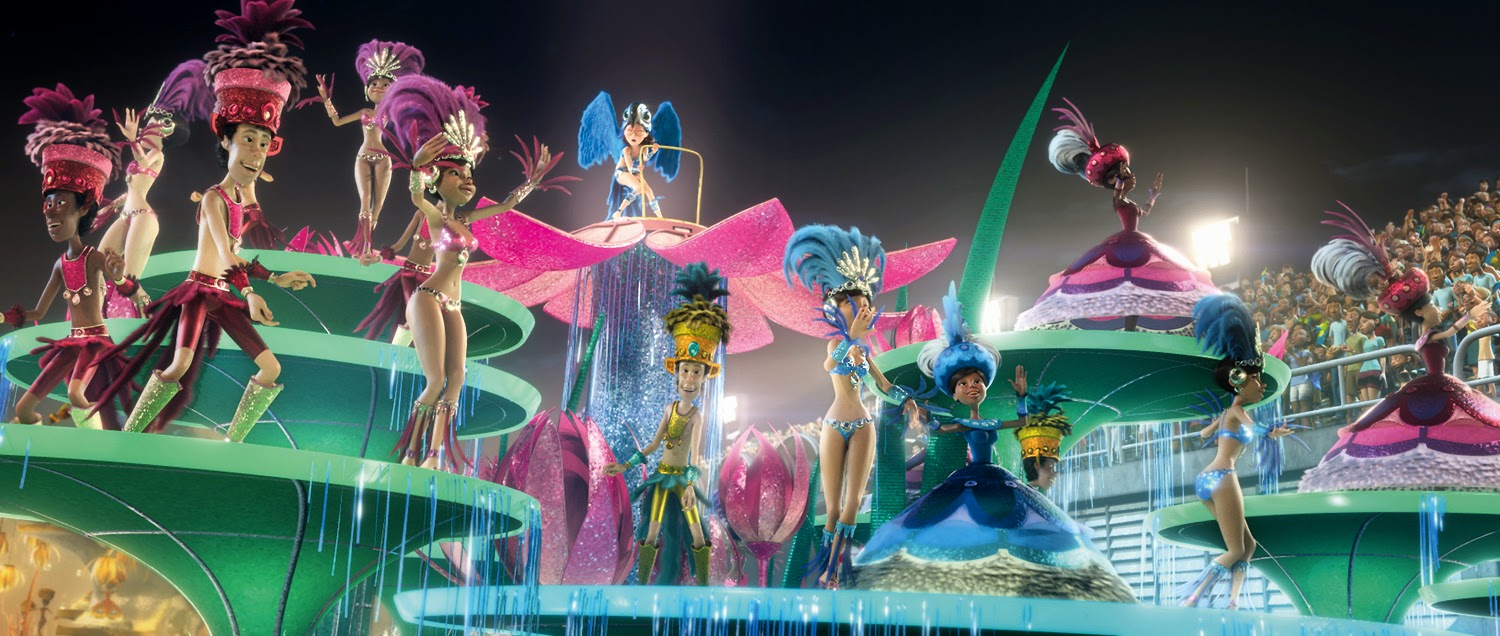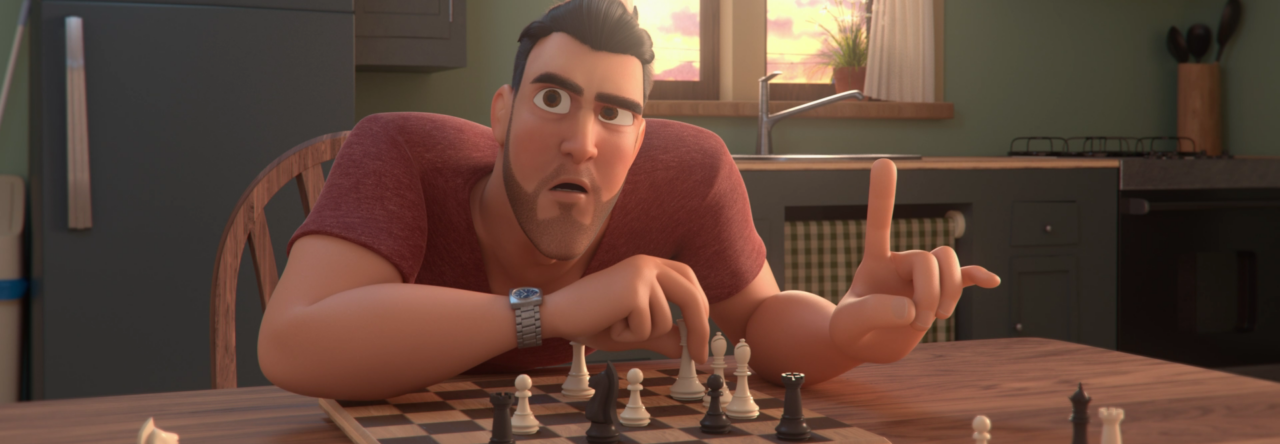Today we are talking with Brandon May, who works as a Lighting TD at Blue Sky Studios and teaches Introduction to 3D Lighting at Animschool.
I am currently working on Peanuts. My job right now is pretty – extremely laid back. This project does not release for another year and a couple months, so we are not doing much. Ha ha. For a lighter, the work comes in waves. When we have work, we have a lot to do, and then we get a break. When we break, we have nothing to do. It is a schedule I enjoy, but it is not for everyone. Definitely not a steady work flow.
What’s been your inspiration throughout your career? Any mentors along the way?
My inspiration throughout would be my wife. I love her and she is my support and motivation. My mentors along the way would be Youngwoong Jang and Angel Camacho. Two uber crazy talented people and I hope to become as good as they are someday.
One nice thing about working where I do, I don’t have to have mentors from anywhere else. I work with some of the most talented artists in the world. Especially when it comes to feature animation art.
The lighting style in Blue Sky productions like Epic and Rio 2 is really captivating, can you tell our blog readers how you go about applying lighting to the scenes? Is there any particular process that you guys found effective?
The lighting on Epic was handled differently than Rio. With every show, we have art directors who have a visual goal that will separate the look of this film from that film. At the beginning, we work at finding what that style is and match it. Much time is spent getting that look before the production begins. The process is trial and error. We light and push back the frames and problems we see to the appropriate departments to make changes so that those issues are resolved to make the process as streamlined as possible.
 |
| “Rio”. Twentieth Century Fox Film Corporation. All Rights Reserved |
 |
| “Rio”. Twentieth Century Fox Film Corporation. All Rights Reserved |
 |
| Picture from the Book: “The Art of Rio” by Tara Bennett |
 |
| Picture from the Book: “The Art of Rio” by Tara Bennett |
 |
| “Epic”. Twentieth Century Fox Film Corporation. All Rights Reserved |
 |
| “Epic”. Twentieth Century Fox Film Corporation. All Rights Reserved |
What goals do you have in your class Introduction to 3D Lighting? Who should attend the course?
Goals for the lighting class are simple. Teach the students basic principals of lighting and color, and help them feel more comfortable when plusing their demo reels. I think that every little bit helps when making a demo reel. If your animation, or rig looks great, but so does the guy that is your direct competition, what gives you the higher ground? I think it is making an overall visually impressive reel. It shows problem solving, and that you are competent in many artistic ways. This class will help push you in that direction.
What is the most enjoyable thing about teaching online for you?
I actually like to see the growth. It is fun watching students grow artistically but in confidence as well. Both are important. I also like to see different styles from so many different cultures that are in the class room. An online class makes the world come together in a single room, and we get to experience a small piece of their culture through their art. It is actually, fantastic.
We thank Brandon very much for taking the time in doing this piece.



Leave a Reply